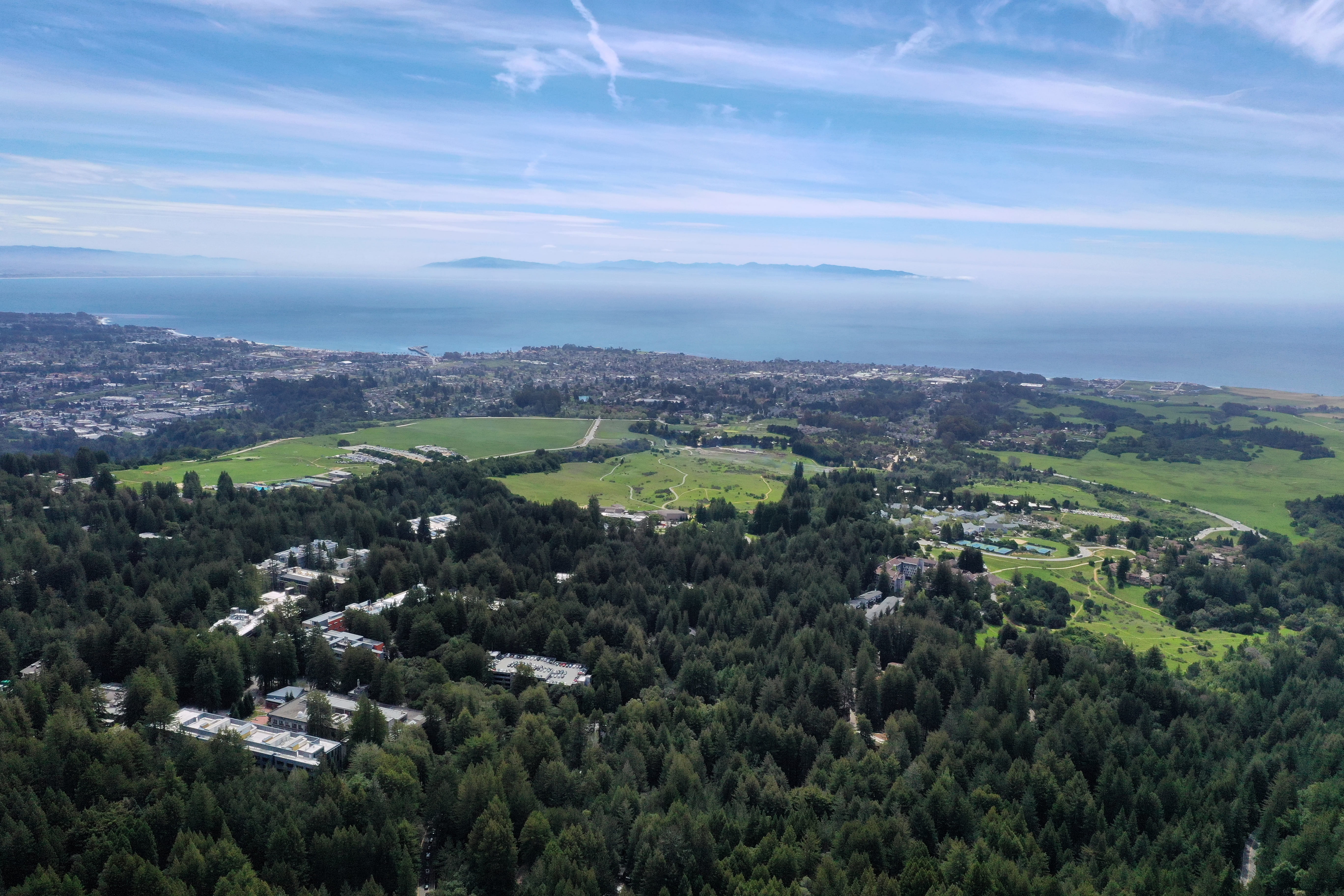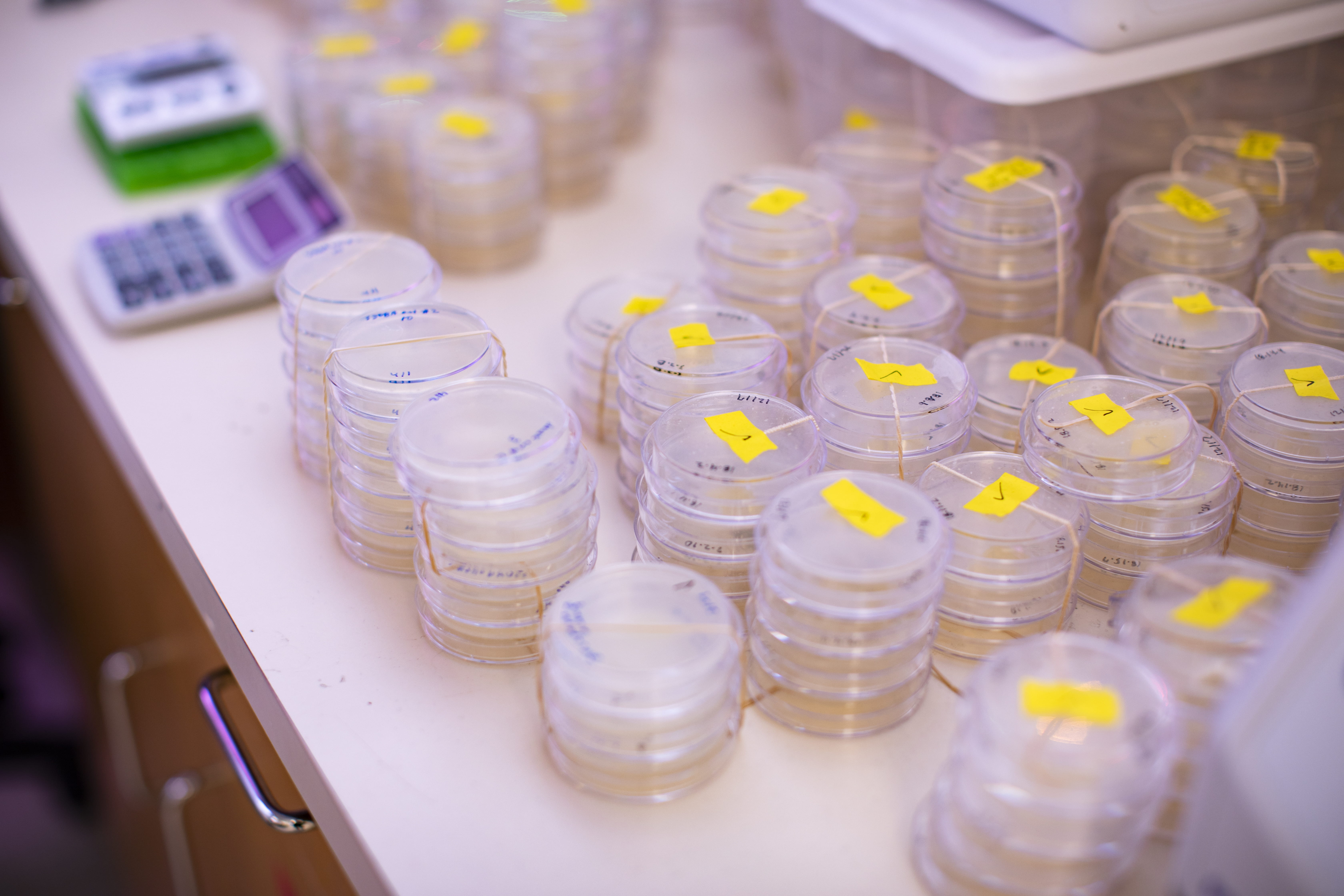
Mentored Training for Diverse Academic Career Paths
Take charge of your scientific professional development and evolve into the best version of yourself with the Institutional Research and Academic Career Development Award (IRACDA) Training Program at the Institute for the Biology of Stem Cells at UC Santa Cruz.
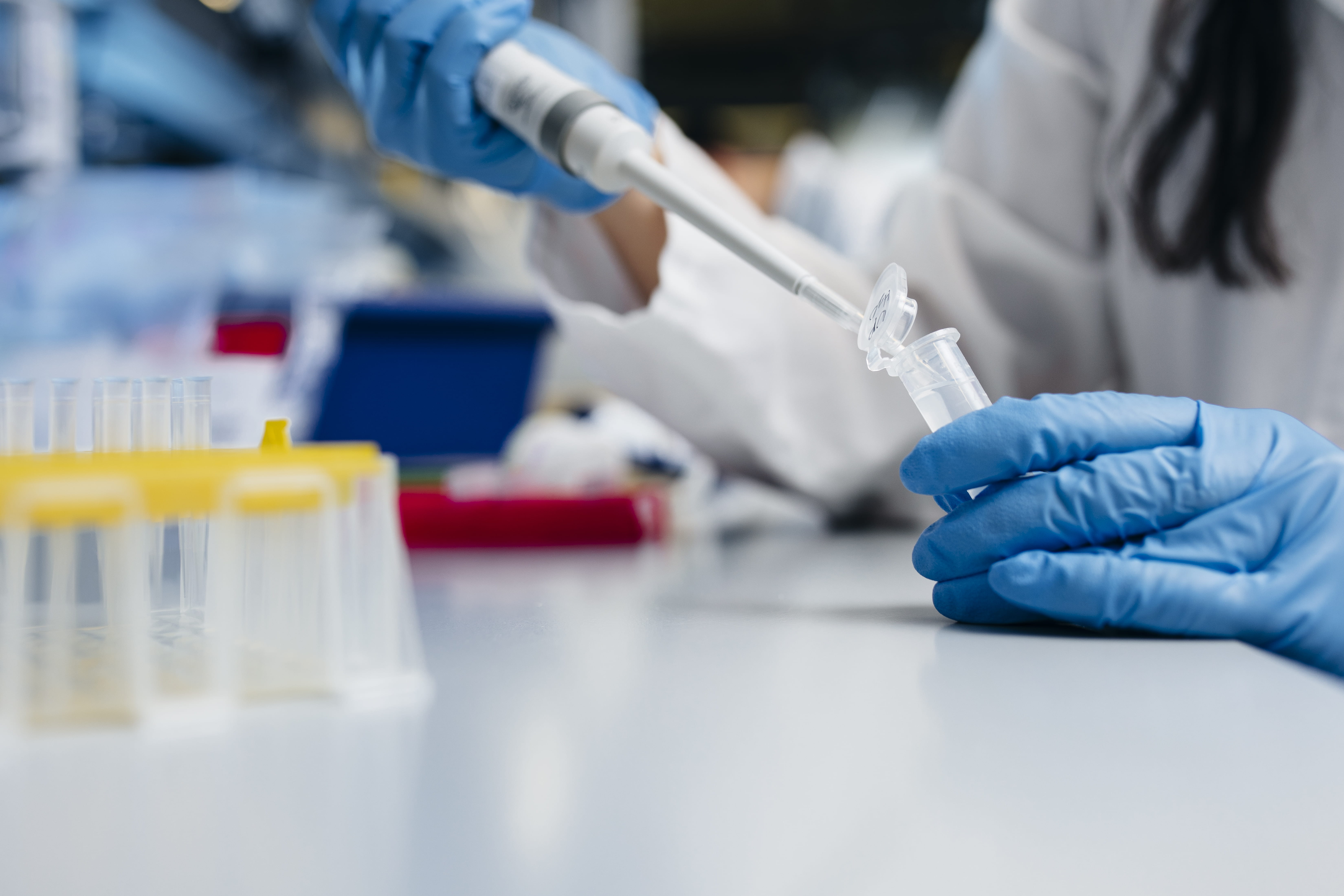
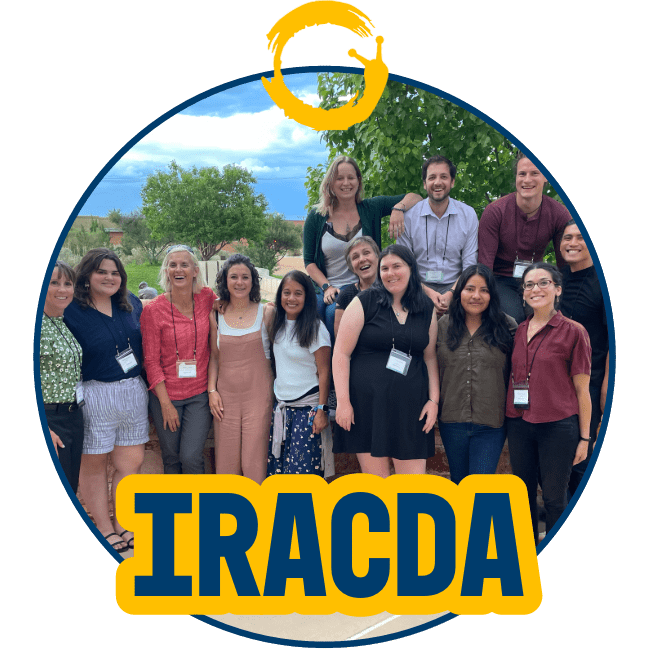
Forging individual pathways to successful academic careers
The IRACDA Training Program at UCSC is one of twenty-one (21) NIH-funded Institutional Research and Academic Career Development Award (IRACDA) programs in the nation, designed to cultivate a diverse group of highly trained biomedical scientists for successful academic careers.
By combining mentored postdoctoral research with mentored pedagogy training and hands-on teaching experience, the IRACDA Training Program works to address the complex challenges of preparing for an academic career, helping to bridge the gap between research and effective teaching, and fostering the development of the next generation of scientists. UCSC and the IBSC have a strong commitment to promote the well being and success of students and trainees who are historically underrepresented in biomedical research and other STEM fields.
Partnering with California State University Monterey bay (CSUMB), the IRACDA program at UC Santa Cruz (UCSC) provides Postdocs with the multidisciplinary training needed for successful careers at Research intensive Institutions (RII), Primarily Undergraduate Institutions (PUI), Community Colleges (CC) and other institutions.
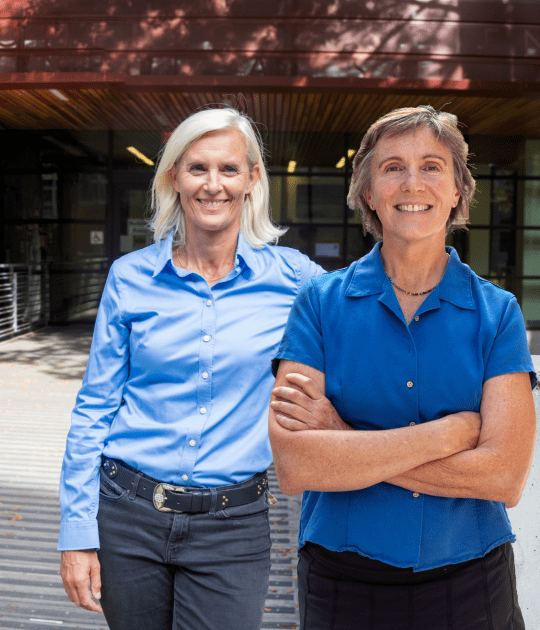
Program Co-PIs: Camilla Forsberg, Ph.D. and Lindsay Hinck, Ph.D.
Comprehensive Training Support
Multi-Year Funding
IRACDA Fellows receive an initial 12-months of support, with the possibility of renewal for additional 12-months (up to a 4-year program length) on a non-competitive basis, based on program compliance, participation, and research progress.
Mentored Pedagogy Training
Dedicate 25% of your time to building and enhancing your teaching and training skills, including observation and co-teaching of an undergraduate course at CSU Monterey Bay. IRACDA Fellows are paired with an experienced CSUMB Faculty teaching mentor to guide their training.
Laboratory Supply and Travel Funds
As an IRACDA fellow you’ll be provided with an annual laboratory supply stipend and annual stipends for attending the annual IRACDA conference as well as additional scientific conferences and career development activities and workshops. These funds are designed to support your research and professional growth, helping to equip you with the multidisciplinary training you need to thrive in academia.
Salary and Benefits Support
Studies continue to highlight the importance of financial stability during graduate and postdoctoral training. That’s why IRACDA Fellows receive an annual contribution towards salary and associated benefits. This support is typically provided in Program Years 2-4 of training 1st year PI funded), helping to ensure you can focus wholeheartedly on your research and career development.
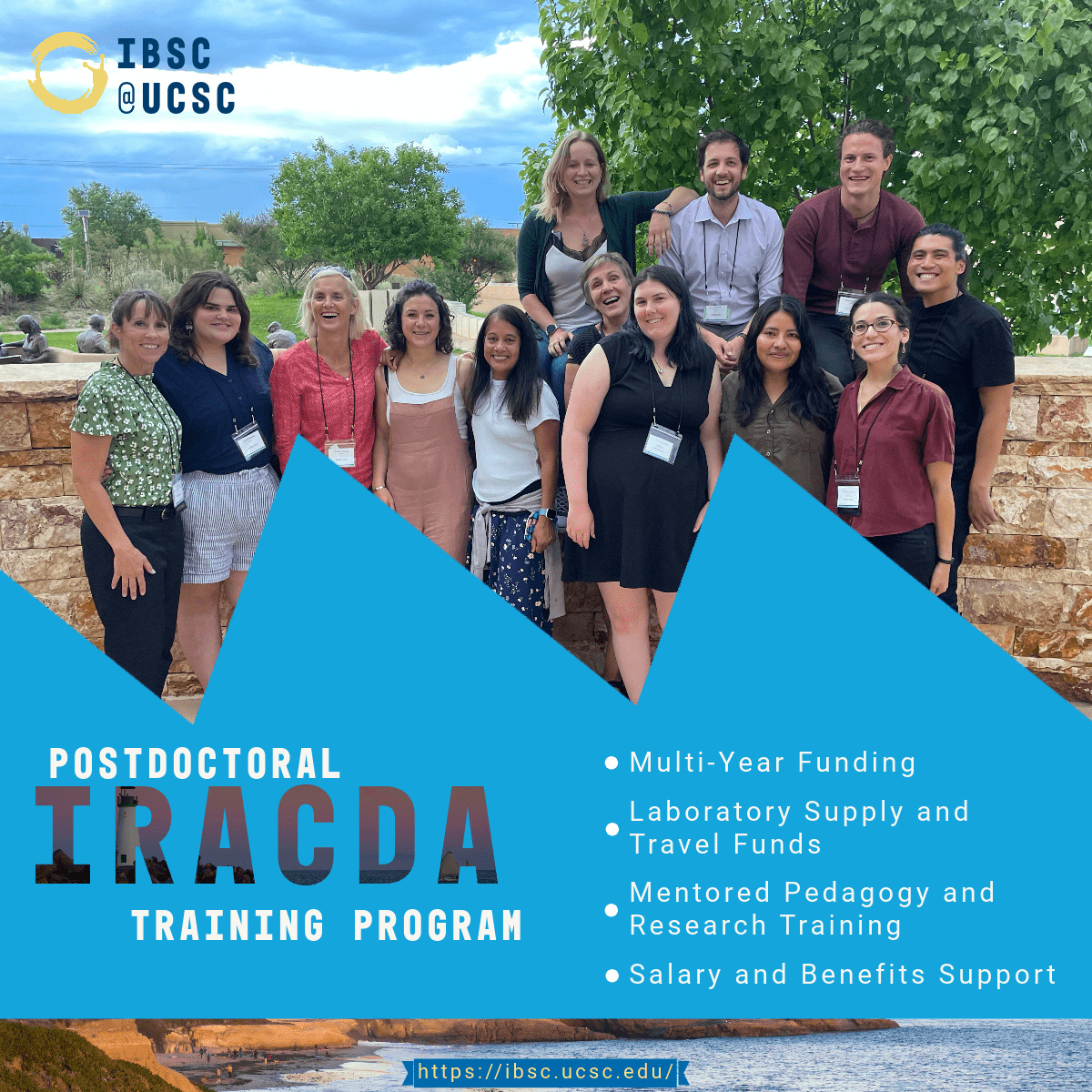
Considering Applying to be an IRACDA Fellow?
The IBSC would love to have you!
Our program, run in partnership with California State University Monterey Bay (CSUMB), is designed to equip you with the multidisciplinary training you need to thrive in academia. Whether you’re eyeing a career in Research Intensive Institutions, Primarily Undergraduate Institutions, or Community Colleges, we’ve got you covered!
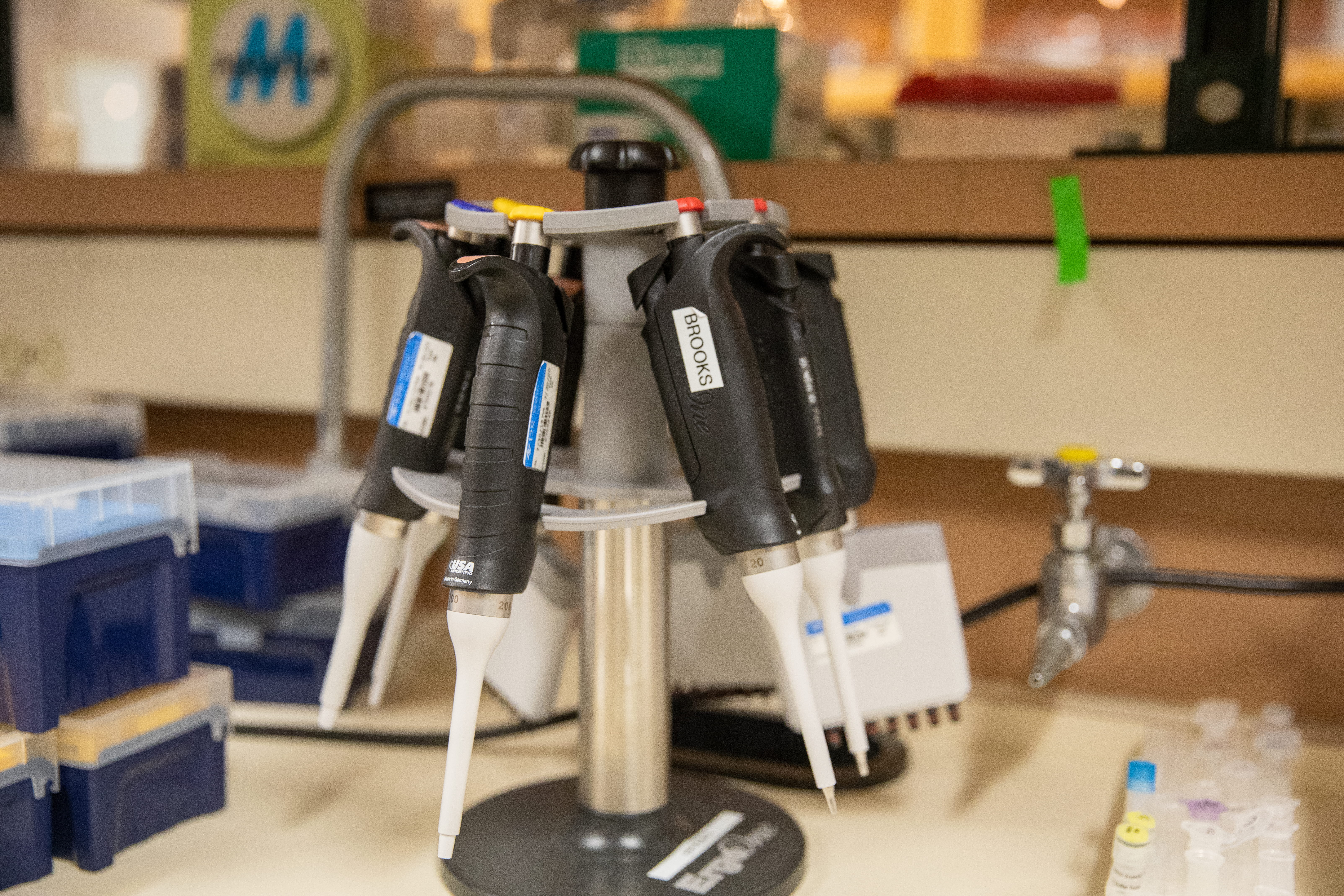
Postdoctoral Training Program Details
Program Duration
IRACDA Postdoctoral fellows receive an initial 12-months of support. Renewal for additional 12-months of support (4 year program length) is on a non-competitive basis and determined by program compliance, participation, and research progress.
All IRACDA Trainees are appointed on an annual basis. Future year funding is contingent on grant funding and/or program renewal. Please review the IRACDA Training Timeline to determine your potential funded years based on the current grant and Training Program.
Resources Provided
IRACDA postdoctoral fellows are typically supported by their PI in their first year of the program (salary and benefits) and receive additional financial support (i.e. travel, lab supplies) from the IRACDA program. Salary and benefit support are typically provided in Program Years 2-4 of training. Please note that all resources detailed are for the 2023 Program Year:
- Stipend towards salary totaling ~$59,784 with associated benefits contribution
- $2000 annual stipend facilitating attendance and presentation at the annual IRACDA conference
- $2000 annual stipend facilitating attendance and presentation at an additional scientific conference or career development work
- $5000 annual laboratory supply stipend
Eligibility Criteria
- IRACDA applicants must have received a PhD (or equivalent) in relevant areas of engineering or biology and have no longer than two (2) years of prior postdoctoral training upon initiation of their IRACDA training program.
- Postdocs currently participating in a training program (i.e. IRACDA) are discouraged fro applying due to conflicts with resources provided.
- US citizenship or permanent residency status is required. We highly encourage individuals belonging to historically underrepresented groups in stem cell research and STEM fields to apply.
Selection Process
- Applications are reviewed on an annual basis following the close of the application deadline.
- Application materials are provided to an independent, External Selection Committee (ESC) who score each application on the basis of research; mentoring; outreach; and letters of recommendation.
- Scored applications are provided to the IBSC by the ESC with the IBSC communicating application outcomes directly to applicants and their prospective mentors.
Program Requirements
- Formal Quarterly Mentor/Trainee Meeting and IDP Review
- Trainees meet with their mentor every quarter (3-months) to formally review their progress.
- Trainees work with their mentor to co-develop an Individual Development Plan (IDP) detailing career goals and their associated planned activities to reach stated goals.
- Annual Evaluation Survey and Research Progress Report
- Trainees complete an annual survey providing feedback on their training program, self-evaluation, and mentor-evaluation.
- Trainees complete an annual form detailing the progress made on their research over the past 12 months.
- Coursework
- Postdoctoral trainees are required to complete the following courses/workshops:
- Responsible Conduct of Research (BIOL 289)
- Methods for Enhancing Rigor and Reproducibility in Research (BIOL 215)
- Equity Minded Mentoring (offered through CITL)
- Postdoctoral trainees are required to complete the following courses/workshops:
- Stem Cell Club
- Trainees attend Stem Cell Club on a monthly basis for presentations given by internal and external speakers.
- Trainees present their research at least once during their training program.
- Research Review Day
- Trainees and mentors attend an annual Research Review Day (typically in November) where trainees present their research in short presentation format; participate in career development seminars; and review/discuss program components.
- Annual IRACDA Conference
- Fellows are required to attend and present (i.e. poster session; lightning talk; oral presentation) at the annual IRACDA conference
- Career Development or Scientific Conference/Workshop
- Fellows are required to attend one (1) additional scientific conference or career development workshop annually in addition to the IRACDA conference.
- Pedagogy/Teaching (CSUMB)
- IRACDA fellows are expected to commit 25% of their program to pedagogy and teaching activities at our partner institute, CSU Monterey Bay (CSUMB).
- Fellows will meet with Dr. Aparna Sreenivasan (CSUMB) at an initial kick-off meeting and subsequently as part of routine Teaching Mentor meetings.
- Teaching activities performed at CSUMB over the course of the IRACDA training program will include
- Observation
- Reflective writing
- Course development
- Co-teaching
- Office hours/student mentorship
- Pedagogy Workshop
- Mentor Training
- All trainee mentors are required to take at least one mentorship training course annually.
External Funding
- Trainees are highly encouraged to apply for additional external funding throughout the course of their IRACDA training program.
Non-Required Career Development Opportunities
The IBSC organizes and participates in additional workshops, courses, and activities to provide specialized training that can be considered for inclusion in and IDP:
- Grant Writing (CHEM 230)
- CITL Pedagogy workshop
- DEI workshops
- Leadership/management workshops
- Internship/shadowing with UCSC Industry Alliances & Technology Commercialization (IATC) Office
- Summer Entrepreneurship Academy (SEA)
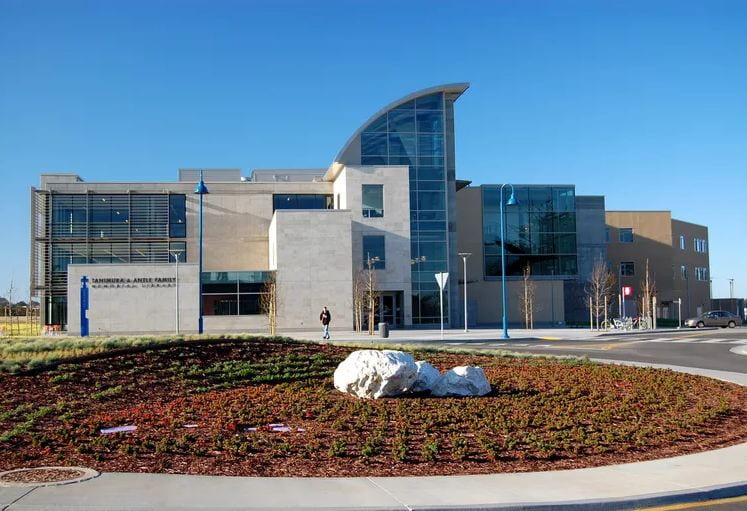
Pedagogy/Teaching Training
Overview
Over the four (4) year training period, 25% of time committed will be dedicated to pedagogy and teaching training; including observation and co-teaching of an undergraduate course at CSUMB. Additional career development opportunities including course re-design, and teaching of additional courses may be available depending on the Trainee’s Individual Development Plan (IDP) co-developed with their Teaching Mentor.
CSUMB faculty share a collective passion and knowledge of the scholarship of teaching. Teaching mentors participating in the IRACDA program are faculty members from the Department of Biology and Chemistry who have rich experiences in teaching; a record of publishing in teaching-focused journals and/or presenting at best practices conferences; and a track record of outstanding teaching evaluations by students and their peers.
Teaching Mentors
- Dr. Aparna Sreenivasan – Professor; Co-Director of UCSC/CSUMB IRACDA
- Dr. Arlene Haffa – Professor and Chair
- Dr. Alison Haupt – Assistant Professor
- Dr. Nathaniel Jue – Assistant Professor
- Dr. Cheryl Logan – Associate Professor
- Dr. Corin Slown – Assistant Professor; Center for Teaching and Learning faculty
- Dr. Zurine de Miguel – Assistant Professor
- Dr. Liz Alter – Assistant Professor
- Dr. Simon Titen – Lecturer
- Dr. Jennifer Kato – Lecturer

Funding/Grant Acknowledgement
The IRACDA training program at UCSC is made possible by NIH award NIH award K12GM139185.
All publications, inventions, patent applications, licensing, etc. that resulted from research and training supported by this IRACDA grant are required to be reported.
All publications, posters, presentations, etc. that document research and training supported by this grant must acknowledge the NIH award K12GM139185 and the UCSC IBSC.
